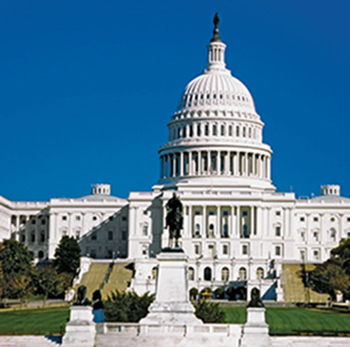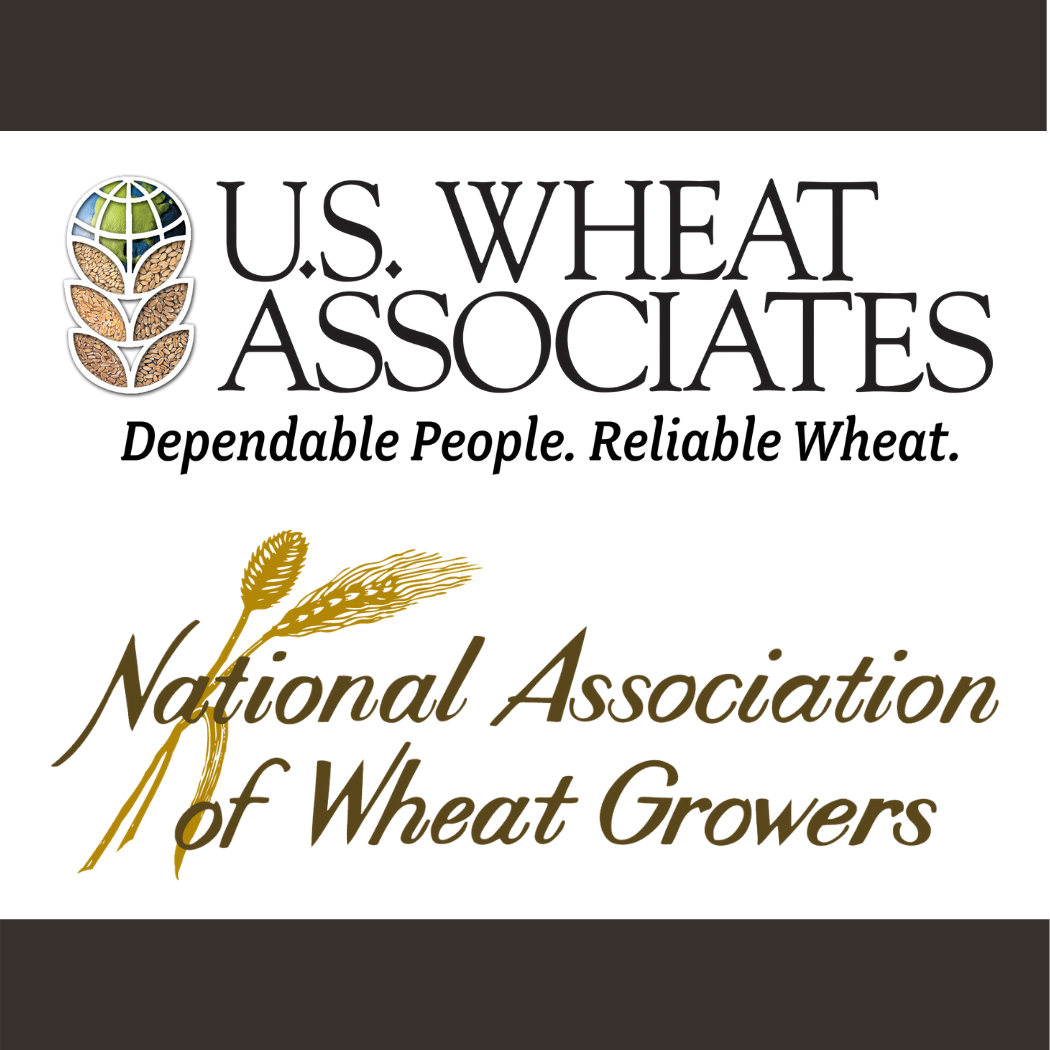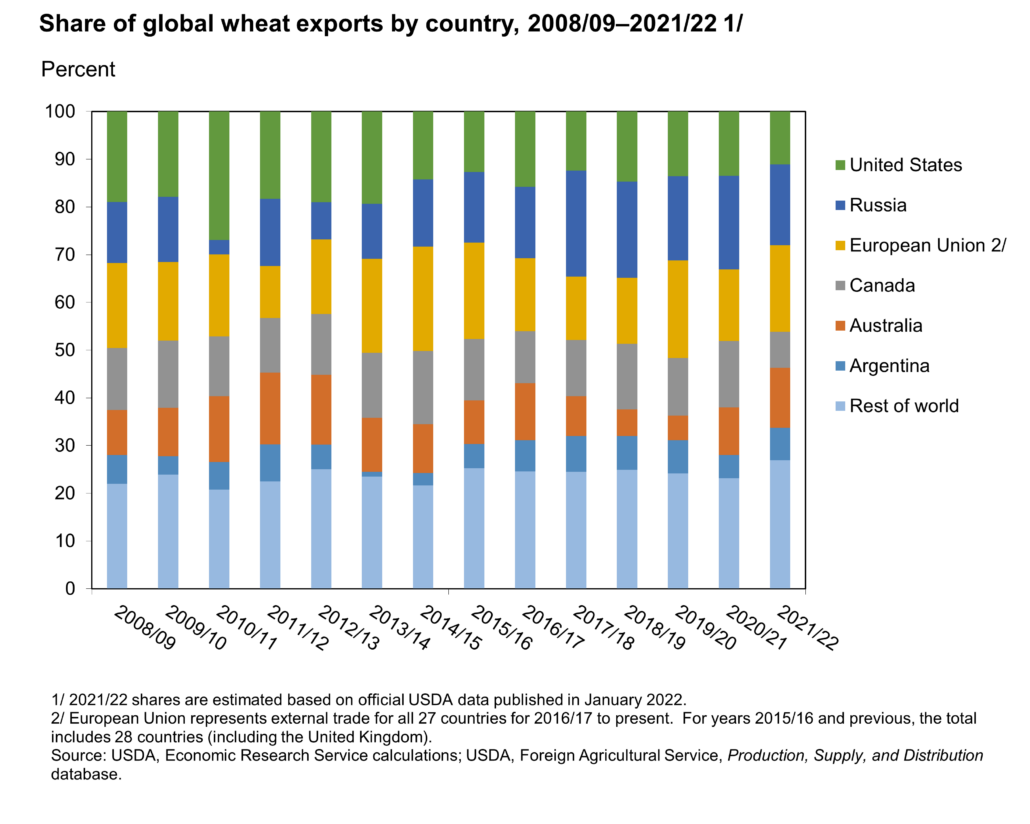ARLINGTON, VA — U.S. Wheat Associates (USW) and the National Association of Wheat Growers (NAWG) are pleased that U.S. wheat growers now have the opportunity to increase global food assistance and expand export market access under new USDA funding programs announced Oct. 24, 2023. USW and NAWG thank Secretary of Agriculture Tom Vilsack for releasing the new funds that will directly benefit U.S. wheat farmers and their overseas customers. Additionally, we thank Senators Stabenow (D-MI) and Boozman (R-AR) for their August 28 letter to Secretary Vilsack formally requesting additional support for trade promotion and food assistance.
Food Assistance
U.S. wheat farmers have been partners in U.S. food assistance programs for more than 60 years and take pride in sharing their harvest to address critical hunger needs around the world. Through the USDA’s Food for Progress and USAID Food for Peace programs, the American people have donated more than one million metric tons of wheat annually for the past three years.
“Additional funding for food assistance programs will help address the most urgent humanitarian needs in a generation. USW and NAWG look forward to working with USDA and other partners to ensure additional food donations generate the most benefit where it is needed most,” said NAWG President Brent Cheyne. “As NAWG works with Congress to reauthorize the Farm Bill, we continue to advocate for strengthening the in-kind commodity donation program and additional investments in the existing trade promotion programs.”
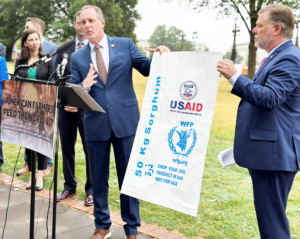
Rep. Tracey Mann (R-KS) addresses the media with Rep. Rick Crawford (R-AR) during a press conference announcing the introduction of the American Farmers Feed the World Act of 2023.
Export Market Development
Organizations like USW that participate in USDA Foreign Agricultural Service (FAS) export market development programs were very encouraged when the Agricultural Trade Promotion (ATP) program was established in 2019 as part of a program to ease the effects of trade retaliation against U.S. farmers and exporters. Those funds originated from the Commodity Credit Corporation (CCC) and FAS awarded grants to almost 60 cooperating organizations to be invested by 2024.
“USW demonstrated that the additional funding helped us protect crucial wheat export sales in established markets and build a base for growth in new markets,” said USW Chairman and Oklahoma wheat farmer Michael Peters. “We appreciate the introduction of the new Regional Agricultural Promotion Program (RAPP), and the USW team will work very hard to use it effectively. Looking ahead, global wheat trade is increasingly competitive and market development takes time and consistency. That’s why we believe that in the long-term, increases for established Farm Bill export development programs are the best way forward.”
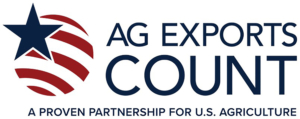
Detailed information about USDA FAS export market development programs and funding is available at www.AgExportsCount.com.
All across its supply chain, U.S. wheat depends on the successful public-private partnership between USW’s state wheat commission members and USDA FAS export market development programs. Checkoff contributions qualify USW to apply for matching funds through programs like the Market Access Program (MAP) and the Foreign Market Development (FMD) program.
Under U.S. farm legislation, Congress apportions funding for MAP, FMD and other export programs. Annual funding for MAP has not changed from $200 million since 2006 and annual FMD funding of $34.5 million has not changed since 2002, yet other countries have significantly ramped up their export promotion spending.
“Study after study has shown that these programs consistently meet their purpose to boost agricultural export volume and revenue while supporting the entire U.S. economy, and the benefits grow with additional funding,” Peters said.
For more information about the benefits of FAS export market development programs visit www.AgExportsCount.com.


